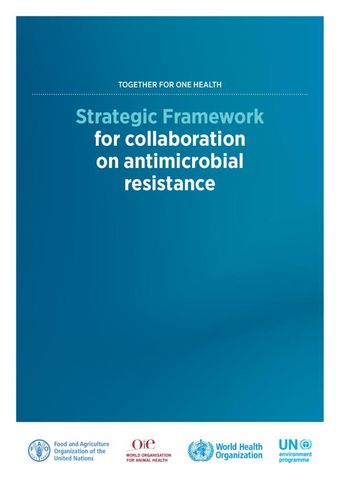Prevalence and Antimicrobial Susceptibility Pattern of Methicillin-resistant Staphylococcus Aureus at Port Moresby General Hospital, Papua New Guinea: A Retrospective Study
- Description:
- Background: Methicillin-resistant Staphylococcus aureus is increasing rapidly worldwide and is a public health concern. Methicillin-resistant Staphylococcus aureus (MRSA)is an important organism that causes both hospital-acquired and community-acquired infections. Its prevalence varies geographically and in different hospital settings. MRSA is resistant to all penicillin, beta-lactams and the c...
- Display date:
- 2019
- Location:
- Papua New Guinea
- Format:
- Thesis
- Collections:
- Tuwhera
- Contributors:
- Montayre, Jed
- Publisher:
- Auckland University of Technology
- Content partner:
- Auckland University of Technology
- Availability:
- Not specified
-
Copyright status: All rights reservedFind out more about what you are able to do with this itemThis item is all rights reserved, with means you'll have to get permission from Auckland University of Technology before using it. For more information, please see our use and reuse page.More informationAuckland University of Technology has this to say about the rights status of this item:
OpenAccess
What can I do with this item?Non-infringing useNZ copyright law does not prevent every use of a copyright work, and this item may be hosted by an international institute or organisation. You should consider what you can and cannot do with a copyright work.No sharingYou may not copy and/or share this item with others without further permission. This includes posting it on your blog, using it in a presentation, or any other public use.No modifyingYou are not allowed to adapt or remix this item into any other works.No commercial useYou may not use this item commercially.
Related items
Welcome and warm Pasifik greetings
The information on this site has been gathered from our content partners.
The names, terms, and labels that we present on the site may contain images or voices of deceased persons and may also reflect the bias, norms, and perspective of the period of time in which they were created. We accept that these may not be appropriate today.
If you have any concerns or questions about an item, please contact us.

